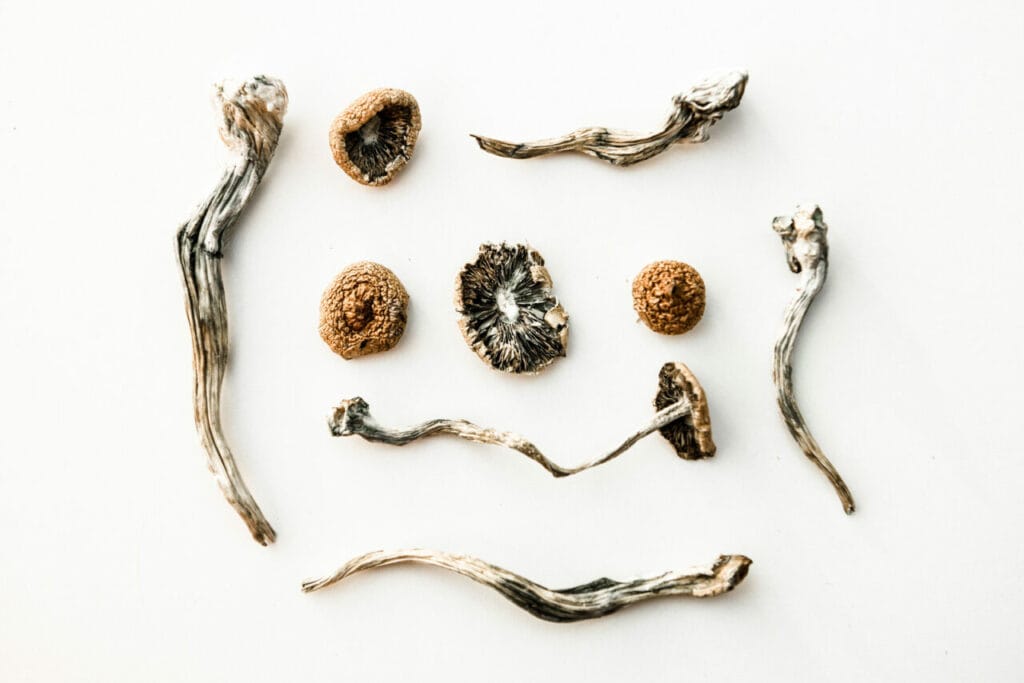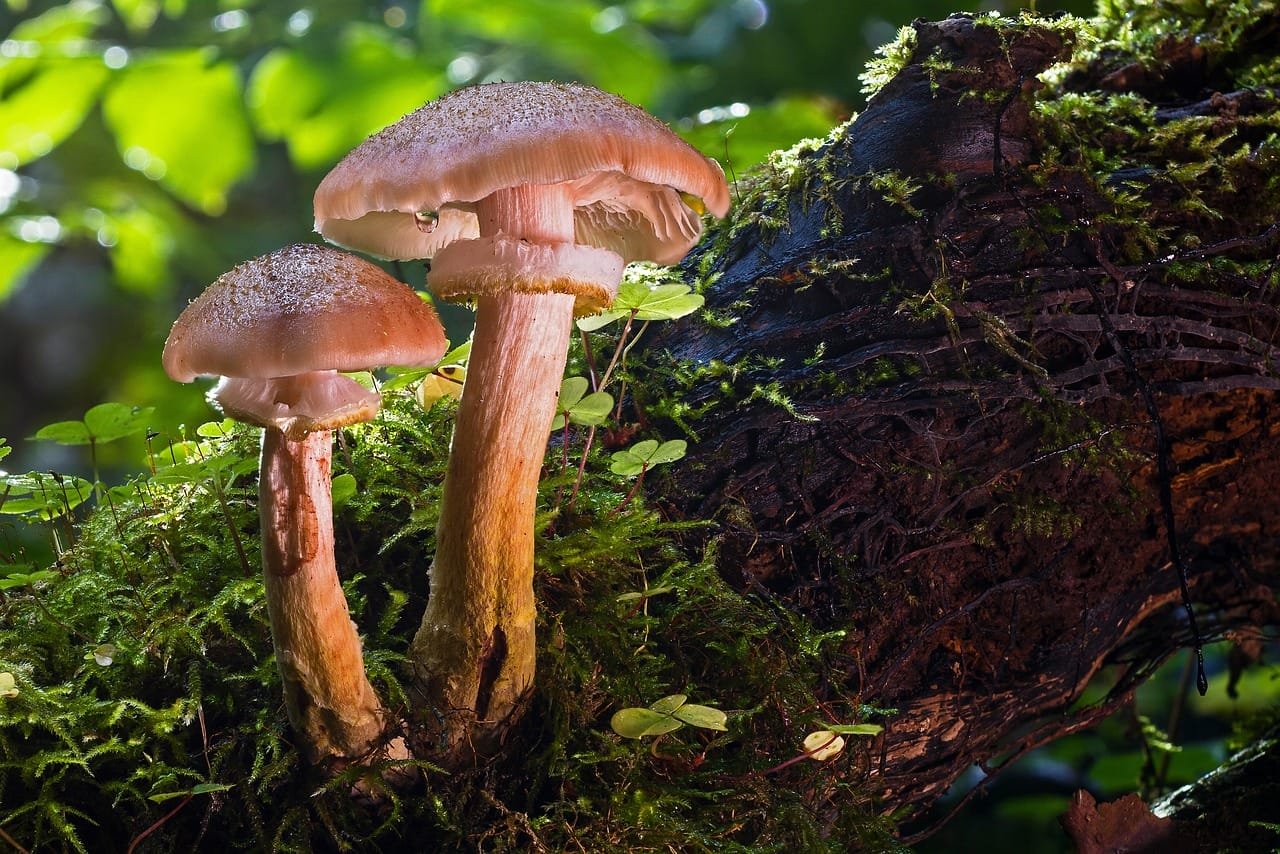Initially, many Canadians viewed magic mushrooms primarily as a psychedelic substance used for recreational purposes. However, the understanding shifted as scientists began to investigate psilocybin, the active ingredient, and discovered its significant potential for treating a range of mental health issues.
As more evidence emerges, our comprehension of the uses of psilocybin grows. The more we understand, the easier it becomes for people to access these products through magic mushroom delivery services. A recent study underscored its role in human consciousness. Could this be the key to its profound impact on the human brain? Let’s examine the fascinating journey of magic mushroom products in more detail.
Key Points:
- The cognitive functioning of early humans was influenced by psychedelic magic mushrooms, which assisted their survival.
- Mushrooms play a crucial role in neurological health because of their potential to alleviate PTSD, depression, and anxiety.
- The impact of psilocybin on consciousness and brain function may have fostered enhanced creativity, introspection, and abstract thinking.

Historical Use and Significance of Magic Mushrooms
Historical evidence indicates that our ancestors have been utilizing the power of psychedelic magic mushrooms since ancient times. Indigenous societies used them in sacred rituals and traditional ceremonies to honor their gods. They flourish worldwide, especially in subtropical and tropical regions, such as South and Central America, the Caribbean, Southeast Asia, and Africa.
The Influence of Shrooms in Ancient Societies
The Indigenous peoples of Mexico have relied on these fungi for spiritual insights, divine connection, and religious ceremonies since time immemorial. The Aztec Indians of South America referred to it as “God’s Flesh,” using it in healing rituals.
Archaeological evidence points to usage dating back to:
- Approximately 10,000 years ago in Australia
- Close to 7,000 years ago in North Africa
- Around 6,000 years ago in Spain.





